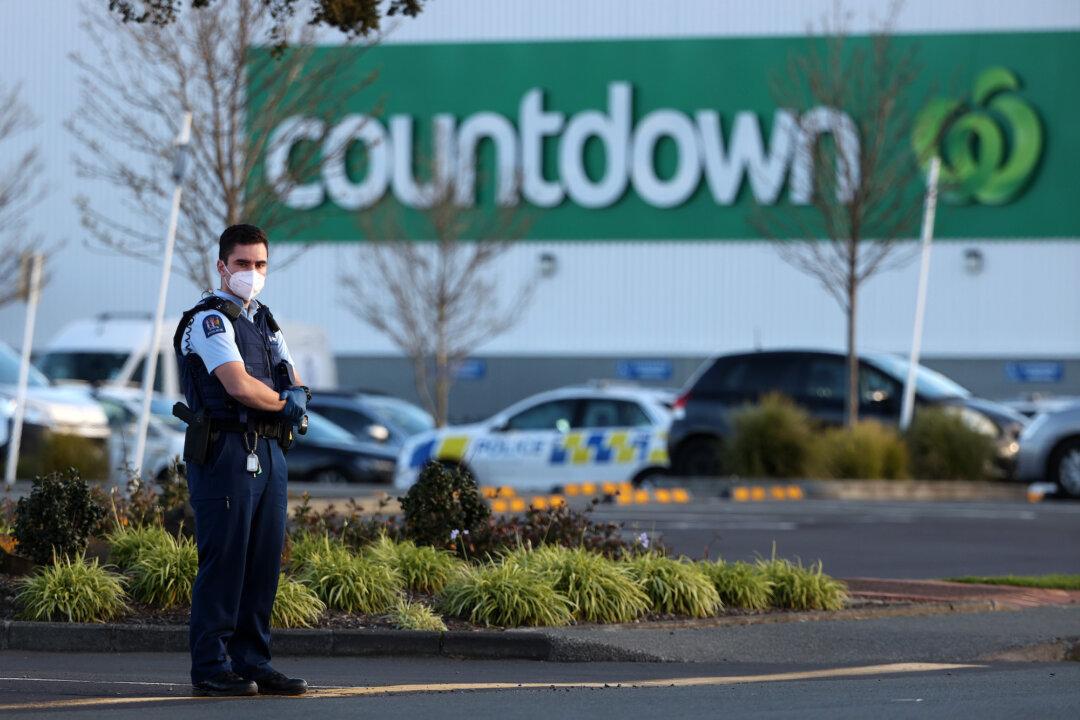New Zealand has tightened its counter-terrorism laws after after an ISIS-inspired knife-wielding terrorist wounded seven people at a mall in Auckland last month.
On Sept. 30, the country’s Parliament passed the Counter-Terrorism Legislation Bill with the support of Labour and National. It was opposed by Act, the Green Party, and the Māori Party.




